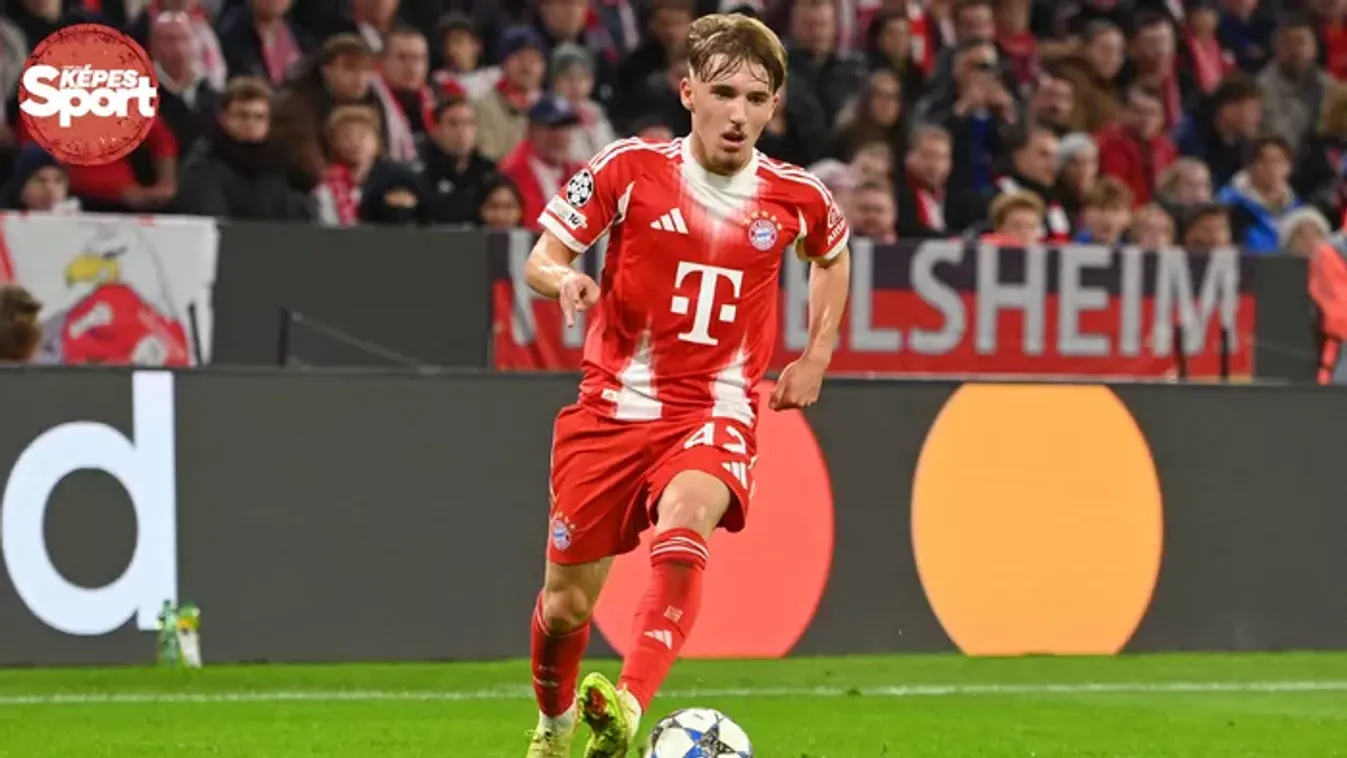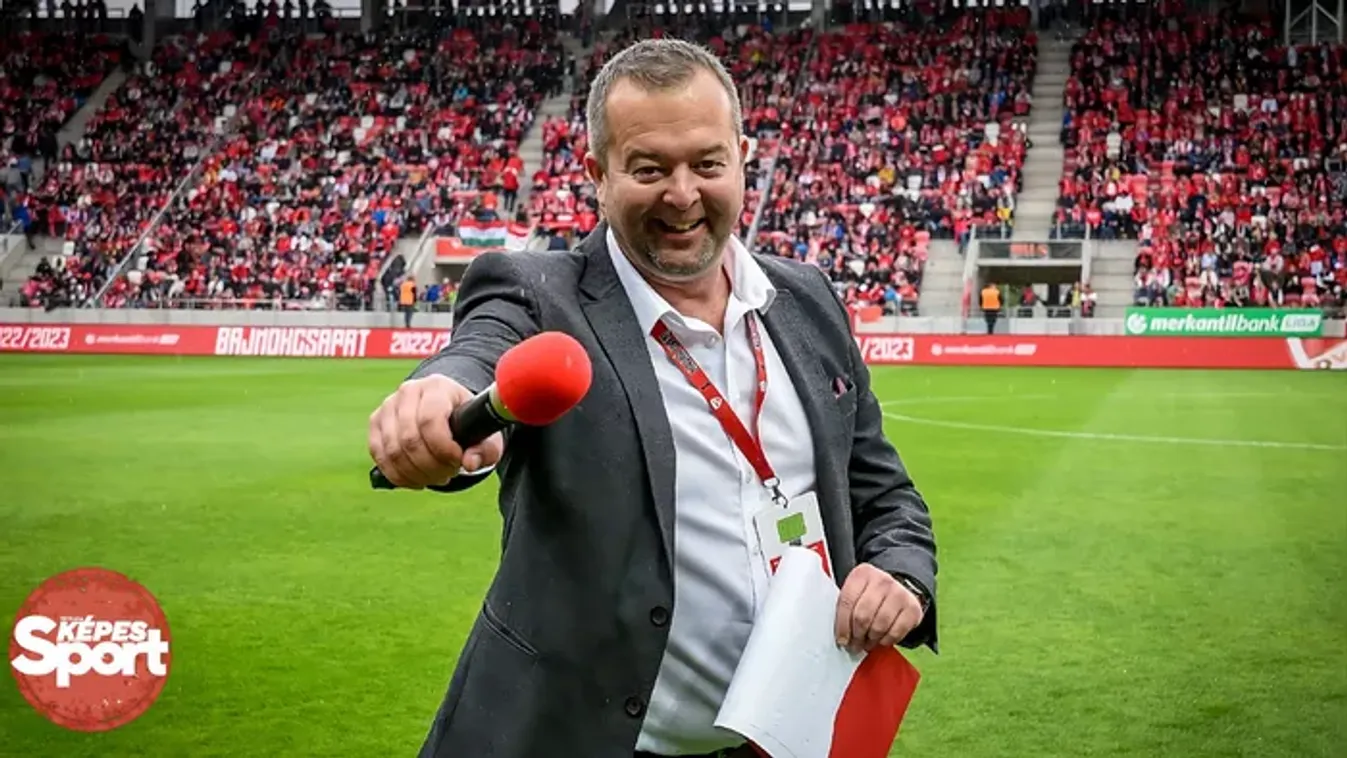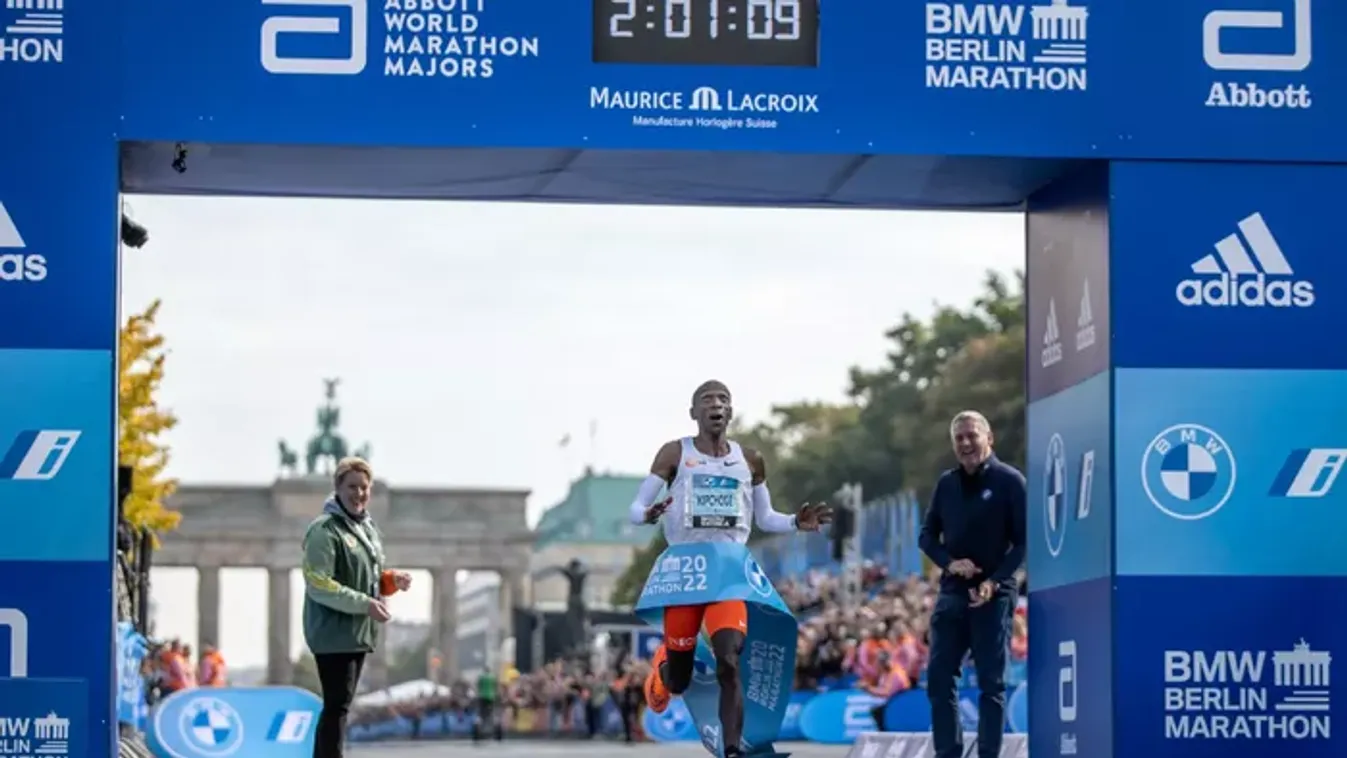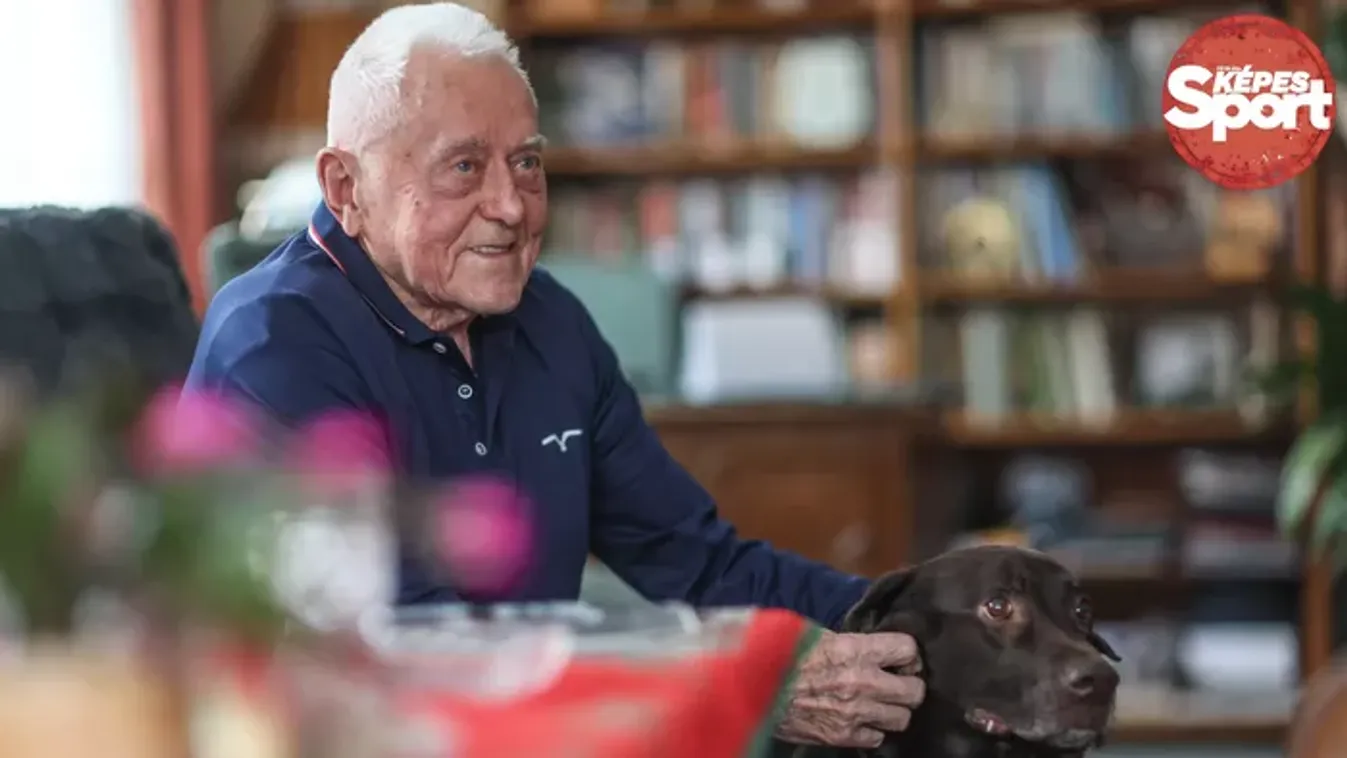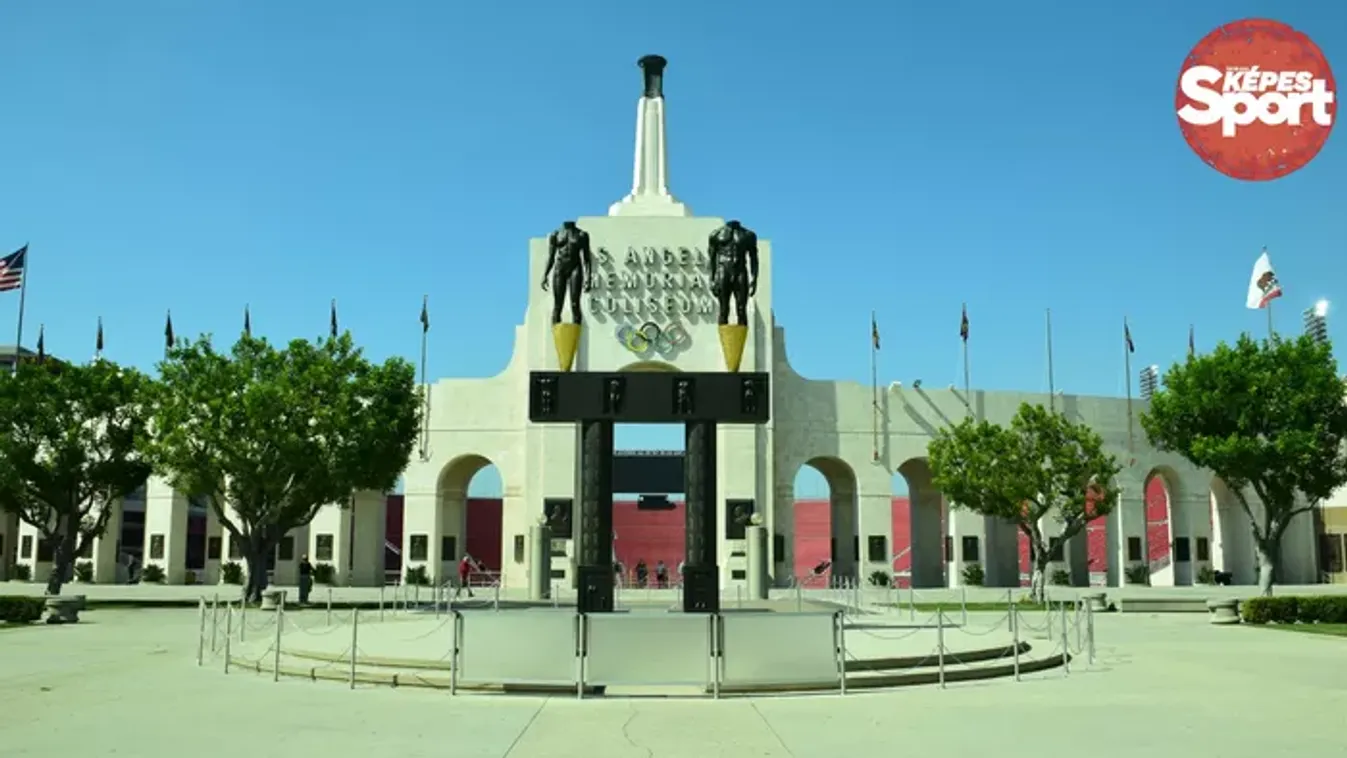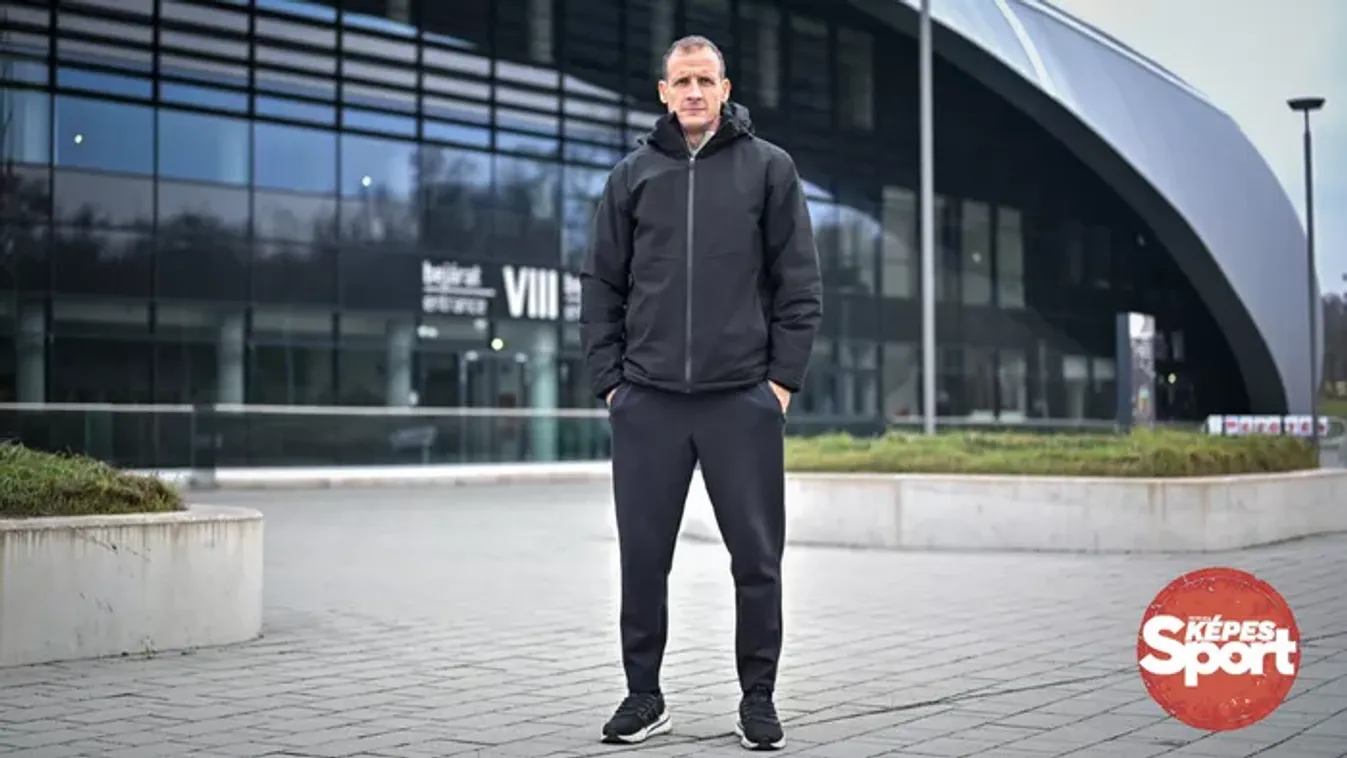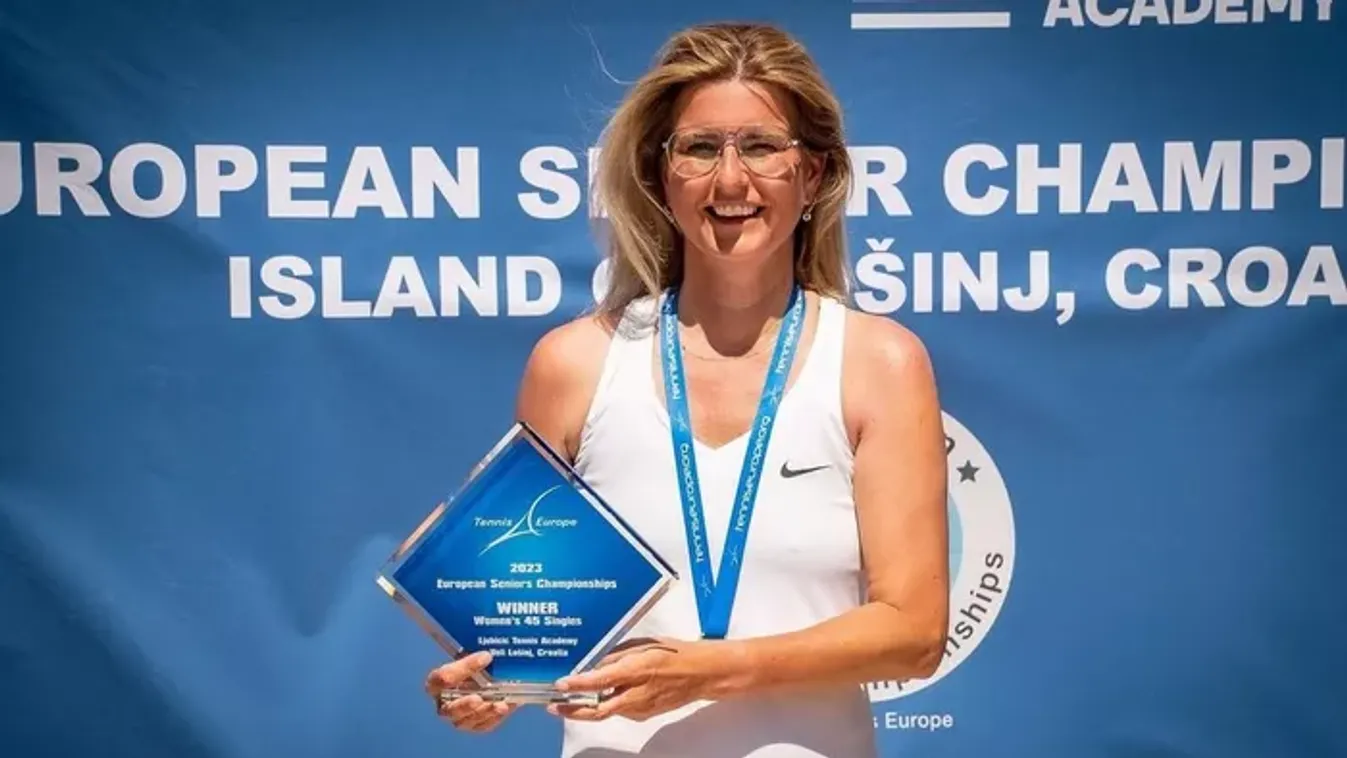"In canoeing, you have to do everything with a single paddle" – interview with István Vaskuti, Athlete of the Nation
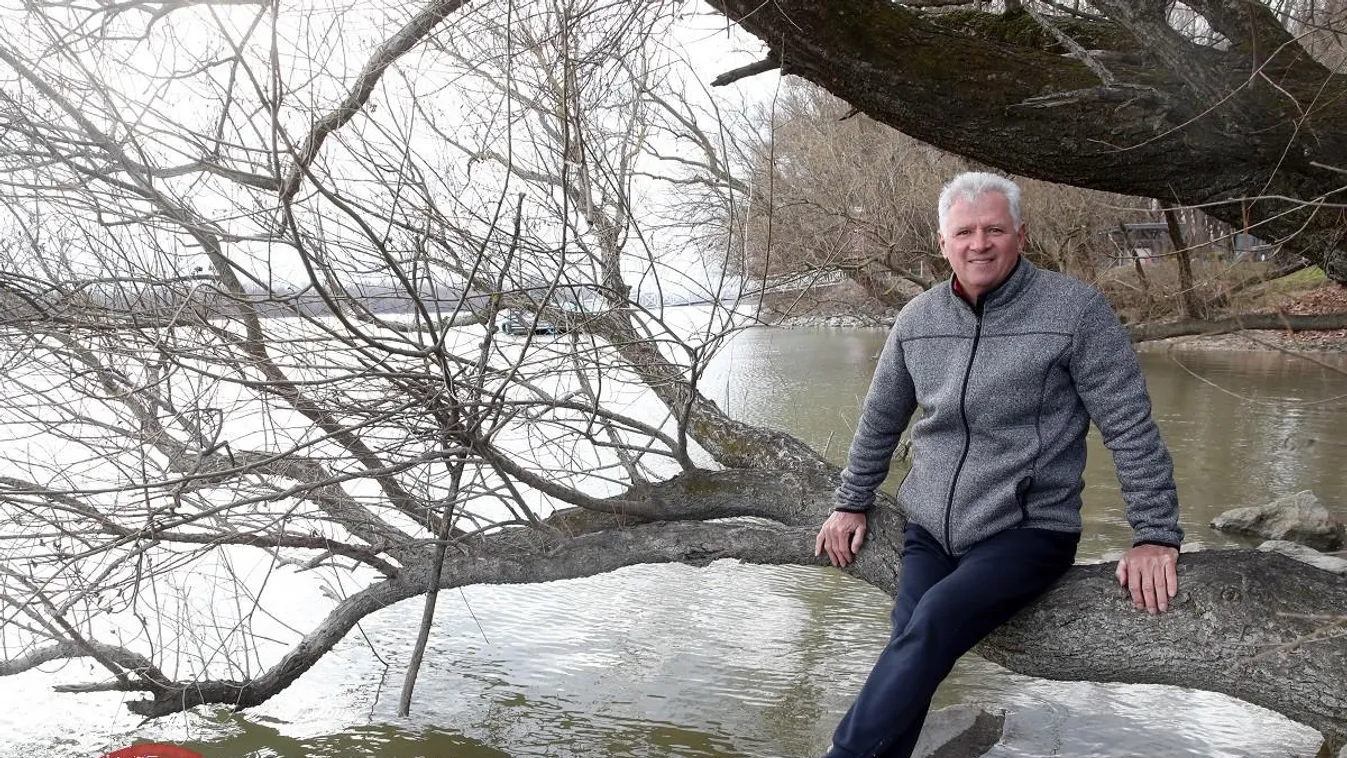
| Born:December 4, 1955; Debrecen |
| Sports: sprint canoe |
| Clubs: Bp. Építők (1966–1979), Bp. Honvéd (1979–1988) |
| Partners: Gábor Pócza, László Solymár, László Foltán, Tamás Buday, János Sarusi Kis |
| Achievements: Olympic Champion (C-2 500 m: 1980), 9-time World Champion (C-2 500 m: 1977, 1978, 1981, 1985, 1986; C-2 1000 m: 1986; C-2 10 000 m: 1978, 1981, 1983), 3-time World Championship bronze medalist (C-2 500 m: 1982; C-2 10 000 m: 1979, 1982), 18-time Hungarian Champion |
| Titles, positions: He has worked successfully as a coach and actively participated in the work of the Hungarian Olympic Committee, the Hungarian Kayak-Canoe Federation and later the International Canoe Federation (ICF). He was a member of the European Canoe Federation and the ICF Board and was Vice President of the ICF from 2008 to 2016. He is an Athlete of the Nation |
It's bitterly cold, and the boathouse of BKV Előre on the Római Part (Római-part) is quite deserted. It's still early; training starts in an hour only. And even István Vaskuti is nowhere to be seen, however, the Olympic champion on the other end of the phone line says: "I'll be there in three minutes!"
And he was.
One expects a shiny car to roll in (those damn stereotypes...), but instead, the Athlete of the Nation arrives on two wheels.
"I told you I lived three minutes away; here I am," he smiles, then apologizes for the cold. Because it's not only the outdoors that's cold, but so is the boathouse.
The old legends greet us from the walls ("This is a club with a long history, I recently made a statement that says in black and white that several Olympians were members of the club, including two Olympic champions, Tibor Tatai and Ferenc Novák.”)
The walls also preserve the past from a different point of view: the boathouse has unfortunately been left out of the good which is atypical as the national federation has always been very careful to renovate the sport's base camps. Almost apologetically, the champion guides us along, and when asked if he works here because he lives close by, he nods and then begins to explain himself professionally: "I had more important reasons than that when I retired three years ago. And that is that the water here is still tolerable. In the city, it's very choppy and it's swirling, so you can't paddle there with good technique."
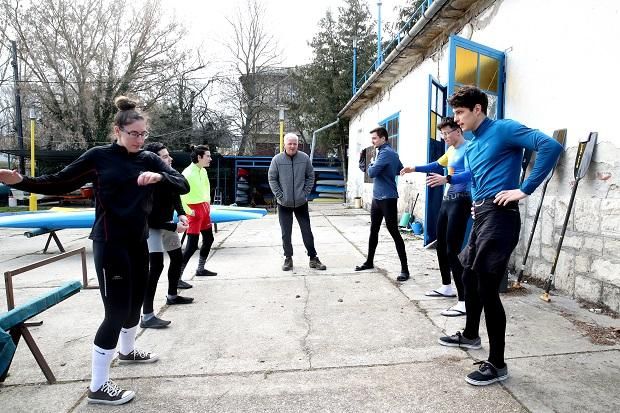
– Did you really find kayaking boring?
– Yes, but it was only long after I quit and got more involved in the theoretical side of the sport. For example, when I started to focus more on technique did I realize that having a rudder in the kayak made everything much simpler.
– Did you only feel that as a child?
– I wasn't hooked on kayaking; I'm convinced I would have stopped after a while. Canoeing is much more complex.
– But saw it from the outside, or why did you think of making the switch?
– It dawned on me. The essence of canoeing is that you have to do everything with a single paddle: balancing, paddling, headwaying, steering – these wouldn't be a big deal separately, but you have to do it all at once, and that is the complexity of canoeing. Just to illustrate it: if you went into an overflow swimming pool and put your canoe with an 80-kg bag of potatoes onto the water, it would take about half an hour to adjust the canoe so that it wouldn't capsize. Then if I blew on the boat, it would capsize - that's how precarious the balance of the canoe is. Moreover, if you paddle with all your might, the moment you make a steering movement, the canoe's bow or stern will shift sideways.
– Do all this lead to a lot of capsizes at the beginning?
– For some, yes, but not for me. In addition, in the process of learning, the boat you are rowing in becomes narrower and narrower.
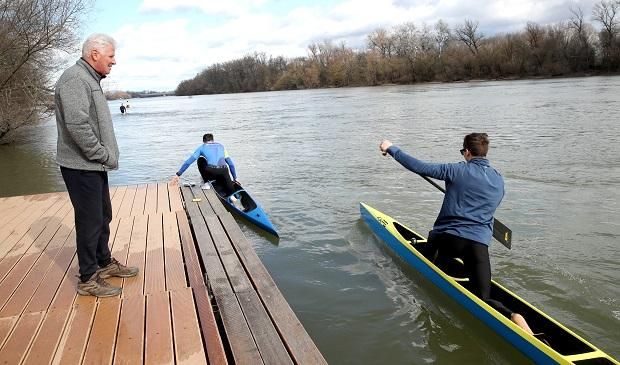
EVERY CHAMPION HAS AN OBSESSION
– György Zala said he could remember only one turnover.
– I didn't know Gyurika as a little boy, but he became a very good canoeist later on.
– But he said that, as a beginner, he was put in one of the last boats in training, and the more talented ones were put in the first.
– I still hold my opinion about Gyuri. It's not usual for us to send someone away from training unless they are very disruptive to the team or commit some kind of transgression that endangers the training. We also keep the nutty ones because they also can become great athletes.
– It's good that you mention that because I believe that the best ones have a kind of obsession, and that's why they can become champions. Did you have such an obsession?
– I think so too, you need an obsession. The sport had a captain – God rest his soul – who did everything for canoeing. But the one thing he didn't understand was that the grasscutter wasn't working.
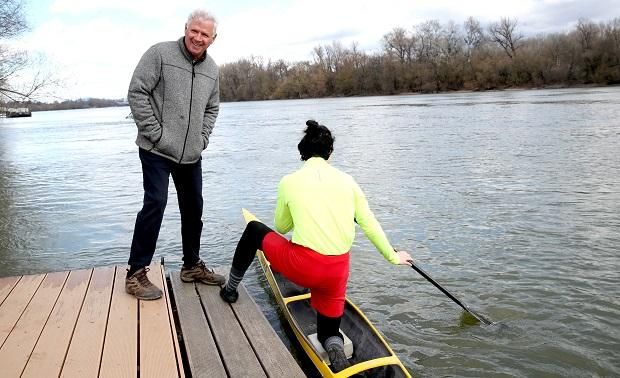
– What do you mean?
– Those who stand out from the crowd, those who are often different and know more become the best. But if we cut off the heads sticking out with a grasscutter, we turn the champions into medal winners.
– What made you stand out from the crowd? We knew you as a kind, humble sportsman and person, free of trouble.
– Perhaps simply because I loved canoeing so much. If I had the chance and the stamina, I would row more even today. I read somewhere recently that some people feel more emotional when they lose than when they win. I also teach young athletes to lose first if they want to win. But by that I don't mean that we shouldn't be bothered by defeat – it's quite the opposite! You have to think about what my part was in it and what was not my fault - in the case of the former, you have to try to avoid it happening again, and in the case of the latter, you have to look at how you can avoid it next time.
– That's clear, but your career has been a real success story right from the start. Where did you learn to lose?
– I hated losing, I loved winning more, but not the hype and popularity that came with it. It just embarrasses me. I'm not a modest, shy person, but I don't enjoy the publicity too much. And I'm also not the kind of person who says good things, who entertains the public... I don't have a sense of inferiority, I'm aware of what I've done, what I've achieved - but I don't overestimate or underestimate it, I know what it's worth. I didn't hang up my medals at home either because I didn't want it to be the Olympic champion's apartment.
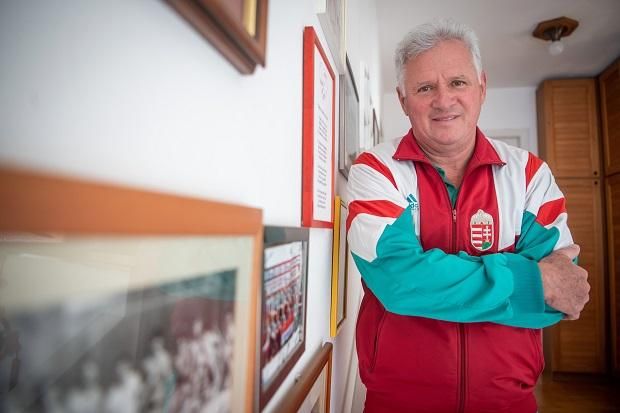
HE DID NOT GREET TAMÁS WICHMANN AT FIRST
– Were you down to earth as a young man, too?
– Yes, I get that from my parents.
– Athletes often tell funny and bohemian stories about the events they have been a part of. We hear less about you: could you describe the young István Vaskuti?
– What I was like is perhaps a question for others to ask, although I can guess what they thought of me. For example, when I was in the army where I was drafted along with other athletes, we were allowed to go to the training camp in Tata in the afternoons. I trained like a tiger there; my mates could see that I was obsessed.
– Then maybe you have that extra something, or as we said, that obsession.
– It certainly is. I started the sport at an early age, and it wasn't common at that time for 10-11-year-olds to canoe; I was also training with older canoeists. I was extremely motivated, I caught up with the bigger guys quite quickly, even though I was not only younger but also a skinny kid. But I was very tough and the relatively less muscle forced me to pull even with my hair.
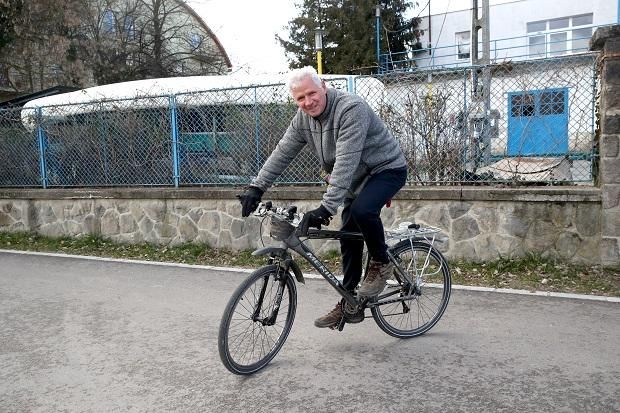
– Is it true that you did not even say hello to Tamás Wichmann when you first met him but immediately asked him to get your ball that had rolled into the Danube?
– I realized a long time ago that we often remember the same story differently - I'll tell you how this incident lives on in me. But before I get started, I'll tell you that I was a bit of a spoilt brat in those days – being the youngest, everyone's favorite, everyone's “Pistike,” and I became quite impudent as a result. Then, during a football match, someone kicked the ball over the fence, and it rolled into the Danube. Of course, I, the youngest, was sent there to take it out. As I ran, I saw some big guys chatting on the dock. I had no idea who they were, so I said to one of them: “Hey, buddy, get my ball!”
– He was Tamás Wichmann.
– It was 1967; Tamás was already a world championship silver medalist, but I didn't know him, I didn't know who he was. Of course, he was much taller than me, so after I said that, he turned me around, gently tipped me on my buttocks, then turned me back to him and said: “Buddy, first of all, hello. And secondly, please, get my ball out of the water.” I was a bit taken aback, so I repeated my request as he had asked.
– When did you find out who fished the ball out of the Danube?
– About three years later.
– Did you take the ball back to your teammates without knowing who helped you?
– How could I have known? By the time I was already settled in and Tamás had become world champion, that's when it hit me: this is the man who got me the ball out of the Danube.
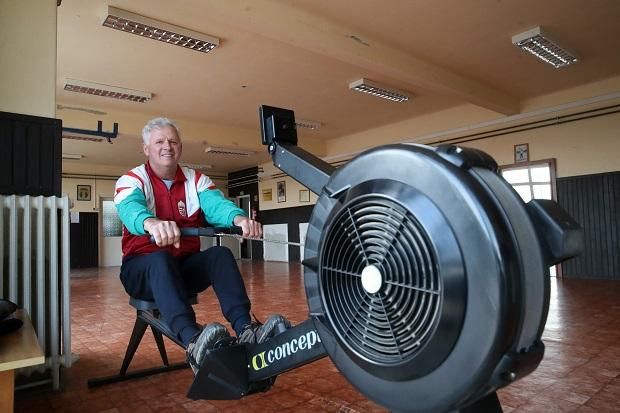
– And when did Pistike become Pisti or István? Or in fact, what was your nickname as an athlete?
– Many athletes called me Pisti. But back then everyone had a nickname, I was called Göbös, and to this day, I still sign my name as Göbös.
– Where did the name come from?
– I was like a caricature character or a marionette with a big lump in my shoulder, arm, and elbow – I was slim, and someone once said I looked lumpy. That's how I became Göbös (Lumpy).
– Three Olympics were held during your sporting career. Could you say a few words about each of them? Whatever comes to mind first.
– Moscow - clearly the victory. But I would underline that we missed two Olympics before that, neither in Munich nor in Montreal did our sport win a gold medal, even though we had the athletes in the team who should have won. So, winning the gold medal seemed an impossible task for us, too. But we did it.
– You followed the Los Angeles Games from afar only.
– I still feel sad for missing it because I was much better that time than I was in Moscow, but we will never know how it could have turned out. I don't think we were any worse than those who won there, but it is impossible to say that we would have won for sure.
PARTI JÁNOS'S MESSAGE: YOU WERE BURNING, TOO!
– You carried the flag of the Hungarian team at the opening ceremony in Seoul.
– I had been on the top by then. Before the opening ceremony, I received an honorable invitation in Hungary, as I took the oath at Vígszínház. I had received the text beforehand, I knew it in my sleep, but when I had to stand in front of the packed auditorium, my legs were shaking. Luckily, I had the text in my pocket: I could barely read it, let alone recite it by heart. Then came the next request: I should carry the flag at the opening. We knew, of course, that whoever carried the flag would not win - fortunately, that curse has since been broken. I hesitated until the last day whether to take it up, but I said yes, and I don't regret it, I'm proud of it. If I hadn't taken it, I would have been no better off. We came sixth in Seoul, obviously, I wasn't socialized for that... Anyway, I still have a letter from head coach János Parti, which he wrote in his own handwriting: “I told you not to carry the flag! Whoever carries the flag at the opening ceremony burns with shame. You were burning, too!"
– Was the end of your professional career bittersweet?
– Four years is a long time in a sporting career, it doesn't matter whether you're on the way to the top, at the top or on the way down. But decades later I found out other things, like that I have asthma. I'm a strong-willed person, I'm not capable of impossible things, but what I set out to do, what I know I can do, I do. But when I found out during a summer training session that I didn't run within the time I had planned and I couldn't complete it the second time either, it was the end. From then on, I felt that nothing was going to go the way it had before. Until then, what I decided to do, I did.
Towards the end of the interview, the arriving students are watched by the master with one eye. The champion of Moscow - Athlete of the Nation, whom the young people address familiarly but with respect. And when István Vaskuti says to one of them that sunglasses might be unnecessary this time because of the rather gloomy weather, the smiling reply is: "But István, good appearance is always important!"
PHOTOS FROM ISTVÁN VASKUTI'S ALBUM
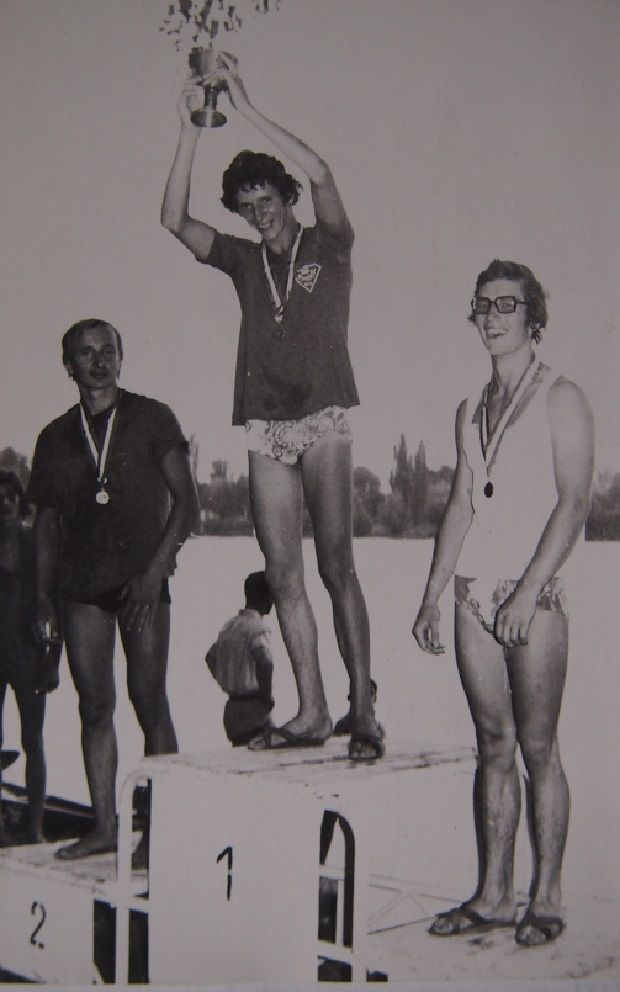
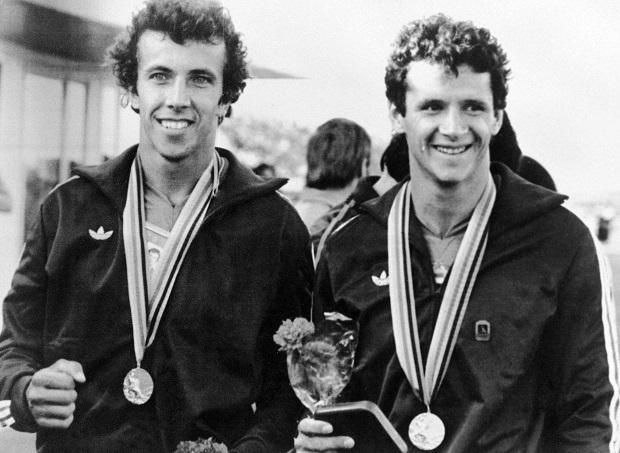
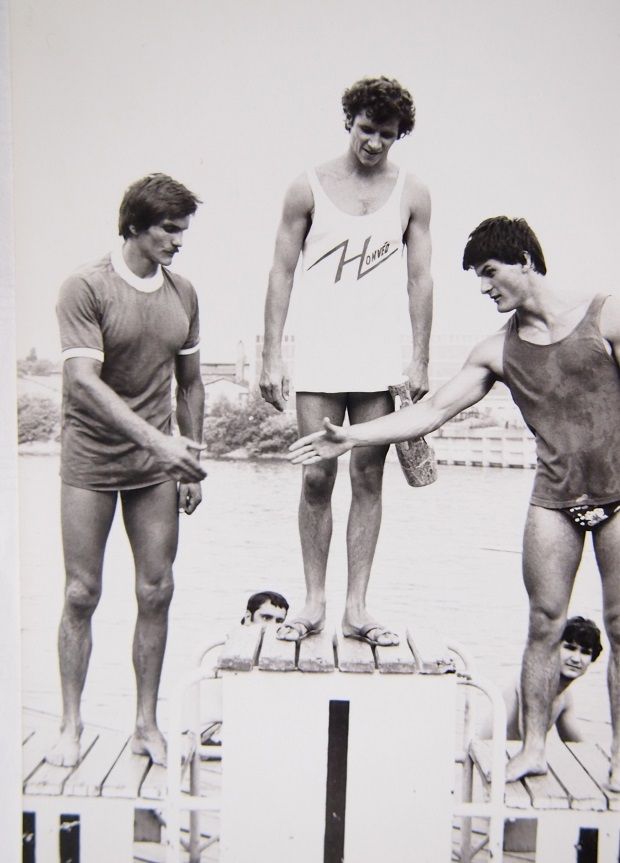
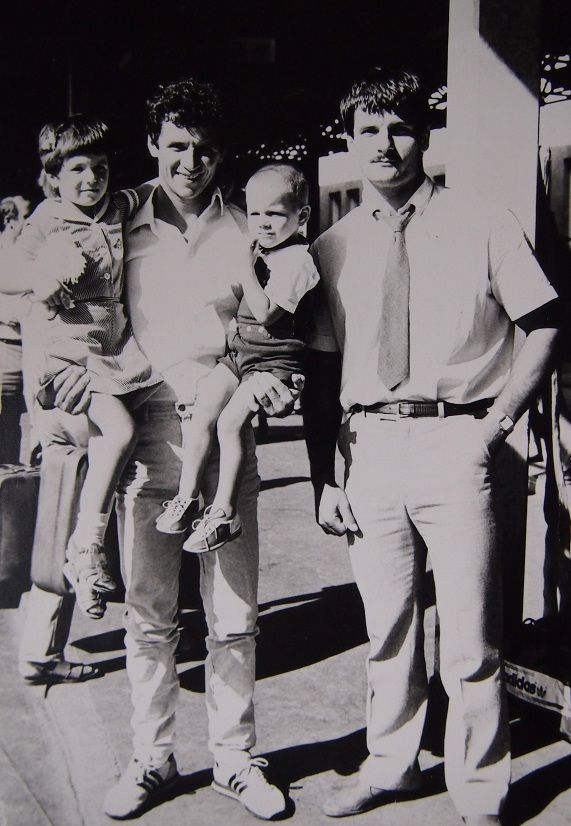
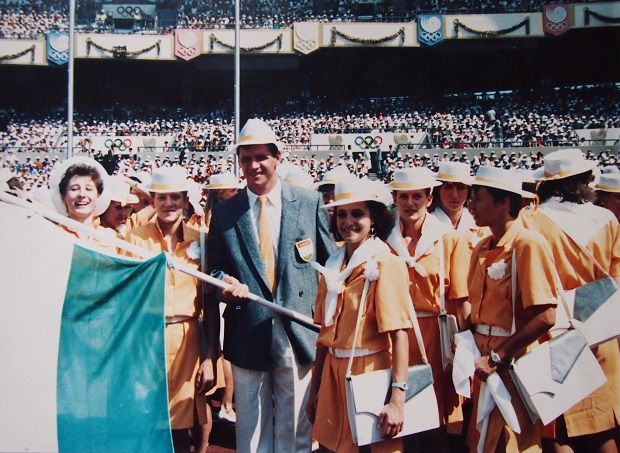
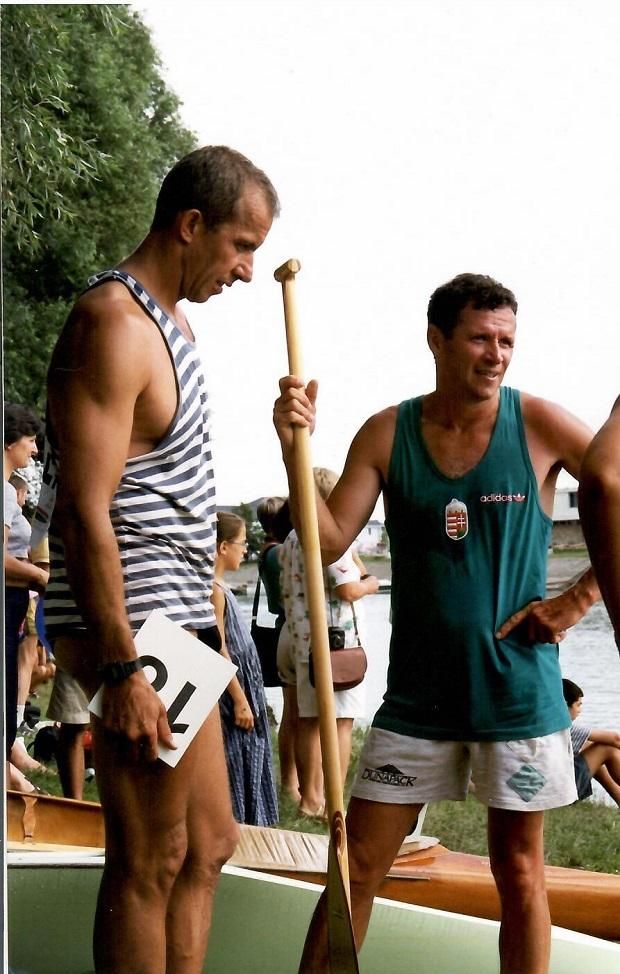
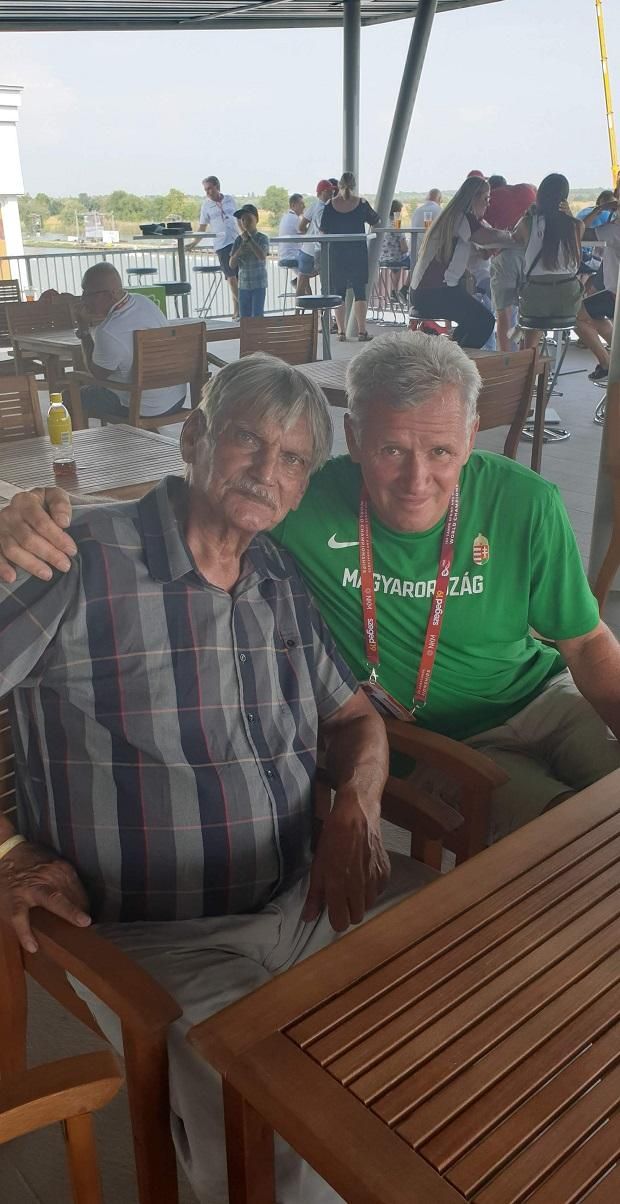
(The article appeared in Képes Sport, the Saturday supplement of Nemzeti Sport, on March 4, 2023.)
Translated by: Vanda Orosz
